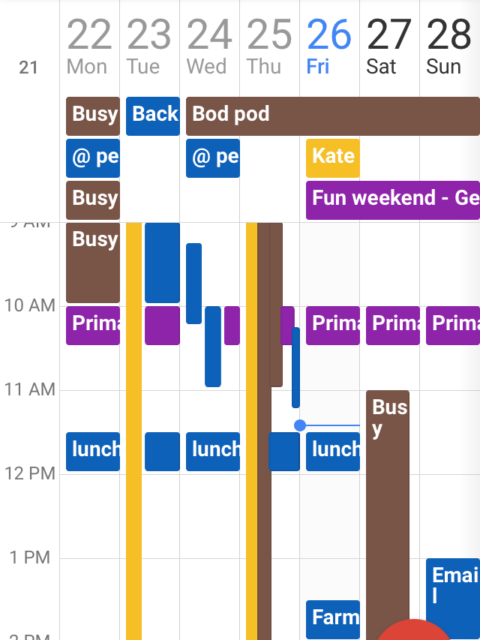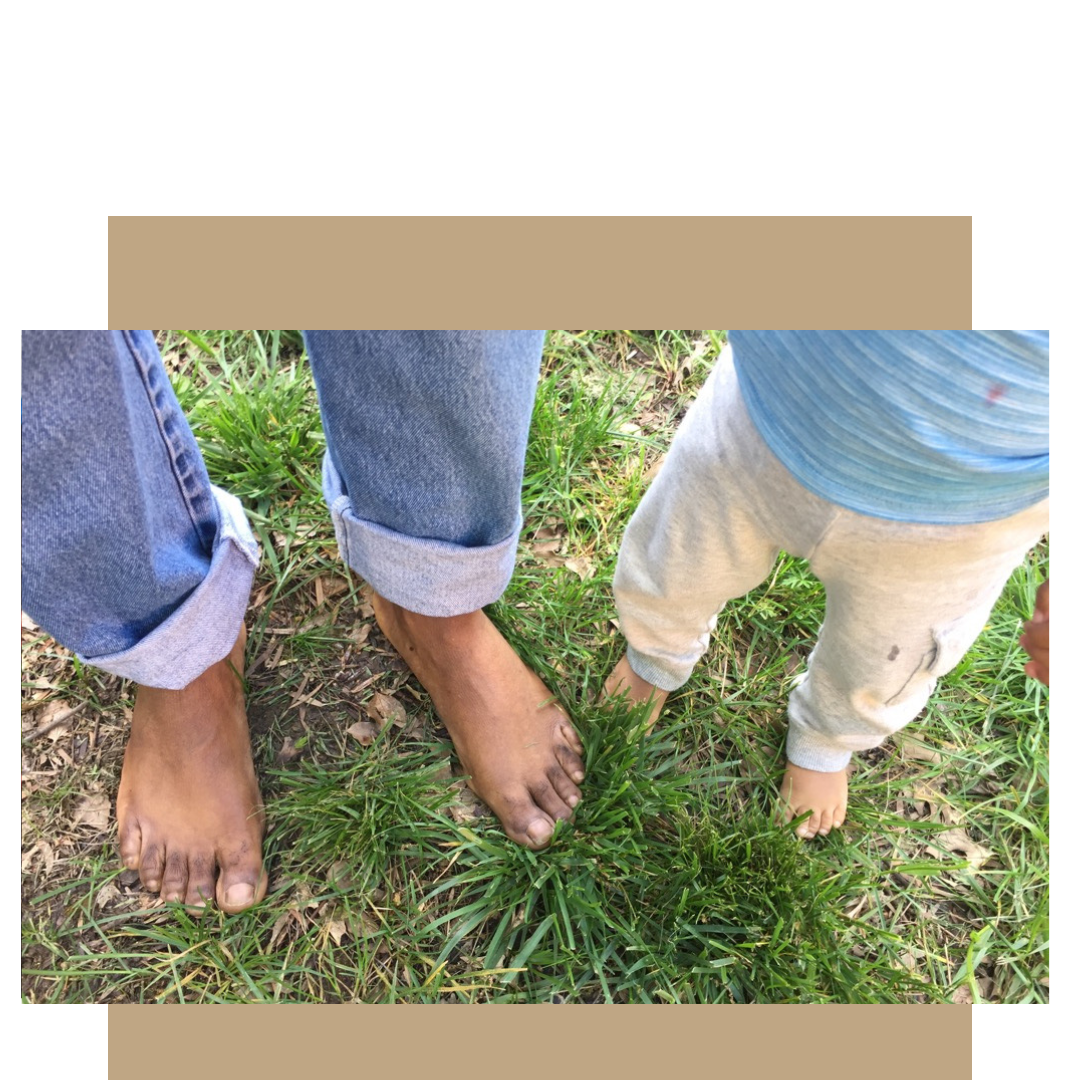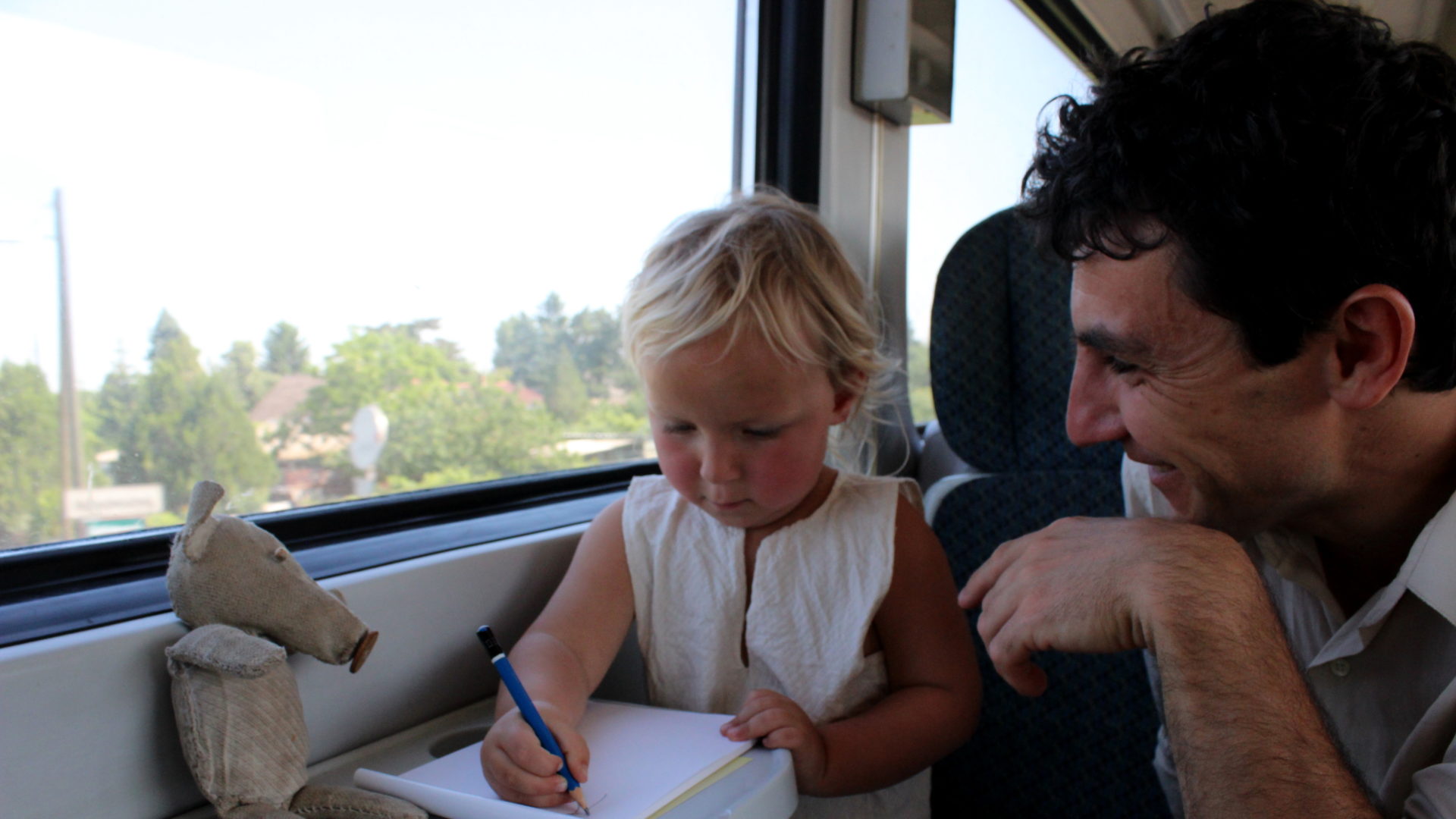Parenting Productivity and Time Management
Are you consumed with wanting to be a more productive parent? “Having it all” and “Doing it all” has become the topic of countless books, articles, conversations, and social media commentary, with passions running high in all directions. Many now believe that if a woman wants to advance in a challenging career she has to make huge sacrifices. She is unlikely to have a good marriage, quality time with her children, a social life, hobbies, or even a decent night’s sleep.
But what if finding the balance between work and family is actually not as difficult as it’s made out to be? What if all those dreadful anecdotes ignore the women who quietly but consistently do just fine with balancing it all?

Laura Vanderkam, an authority in time management, collected hour-by-hour time logs from the lives of women who make at least $100,000 a year. And she discovered some unexpected patterns in how these women spend the 168 hours that each and every one of us has each week.
As a whole, these women worked less and slept more than they assumed they did before they began tracking their time. They exercised regularly, played with their children, planned date nights with their significant others, and had lunches with friends. They made time for the things that gave them enjoyment and purpose, fitting it all together without adhering to excessively rigid schedules that would eliminate flexibility and spontaneity.
In her book, I Know How She Does It: How Successful Women Make the Most of Their Time, Vanderkam shared detailed strategies that these women used to make time for the things that mattered most to them. For example, they . . .
- Worked split shifts, allowing them to see their children without falling behind professionally.
- Got creative regarding what counts as quality family time.
- Took it easy on the housework. They freed up a great deal of time by embracing the philosophy of “good enough” and getting help from others.
- Safeguarded their leisure time. Many satisfying hobbies can be done in small bursts of time.
Vanderkam proved that you don’t have to give up on the things you really want. Still, most of us feel that we are always behind, uncertain of how to break away from feeling oppressed by busyness. Laura Vanderkam believes that in order to get more accomplished, we must first feel like we have all the time in the world. Consider why haven’t you trained for that 5K or read War and Peace? Most likely because you feel beaten down by all the time you don’t appear to have.
In her book, Off the Clock: Feel Less Busy While Getting More Done, Vanderkam reveals the seven counterintuitive principles the most time-free people have adopted. She teaches mindset shifts to help you experience tranquility on the busiest days and tools to help you accomplish more without feeling overwhelmed. These strategies can help if your life feels unmanageable, but they can also help if you want to take your career, relationships, and your personal happiness to the next level. And they can motivate all of us to create lives that are not only productive, but enjoyable in the moment.

Getting More Things Done
As a society we are obsessed with purchasing books and watching YouTube videos on how to be more productive and how to better manage our time. Yet some people, if they’re being honest, spend hours following people on Instagram and Facebook who don’t provide an ounce of value to their jobs, families, or overall wellness. There are also plenty of people who knock back gallons of Red Bull, Monster Energy, and 5 Hour Energy, all to squeeze more time into their 24 hours. Dr. Steven Covey mentions in his book, First Things First, that he recommended to his daughter when she became a new mother that her only priority was to tend to the well being of her new baby and enjoy her first few months of motherhood. As parents we can use the advice that authors provide on how to track our days, how to focus on the three or four most important tasks and how to create a life mission so that we know how to divide our attention. However a lot more of us need to reduce the many day to day distractions and enjoy being present with our children. We don’t really need to improve our ability as much as we may need to compare ourselves a little less to other people.
![]()
Tips for being more productive:
- Play Beat the Timer – set a timer for whatever task you need to get done. Get as much as you can done before the timer goes off. When it does go off, accept the work you’ve done on your task as good enough and move on to the next task, or go spend time with your kids.
- Automate – When it comes to things you can automate, like paying bills online or programming a schedule for your thermostat, just set it and forget it!
- Say no – You don’t have to attend every party you’re invited to or agree to join every club or committee you’re asked to join. Be selective, say no more often, and you will have more time to accomplish other things or to spend with your family.
- Maximize your efforts – When you’re cooking dinner, cook double and put the extra meal in the freezer to pull out on a busy night. When you’re walking from one room to another, take something with you that belongs in that room.
- Make a list – It’s impossible to keep track of everything in your head. Keep an ongoing to-do list in a notebook or note app. Whenever you have a spare moment, check your list and see what you can get done.
- Do nothing – Regardless if it is getting more sleep, taking an afternoon nap, or spending a few minutes daydreaming, clarity can come from taking a mental break. Leonardo Da Vinci was known to work on multiple projects at the same time. This was not because of ADD and his inability to sit still, rather he saw stepping away from one project would give him better clarity in what to do next, after he returned. Likewise, the sewing machine needle, the periodic table, and the Beatles’ song Yesterday were all ideas that presented themselves only after a bit of sleep.

The bottomline is, some people benefit from waking up early and staying up late. Some people find success in taking long naps or spending time in a cabin in the woods. We are all different, so some people might need to push harder while others may need to just take a nap.
What are some of your productivity breakthroughs? Do you find yourself being stretched too thin while trying to get things done and take care of your children? Please leave your comment and share this post if you find this helpful to you. Happy parenting!





